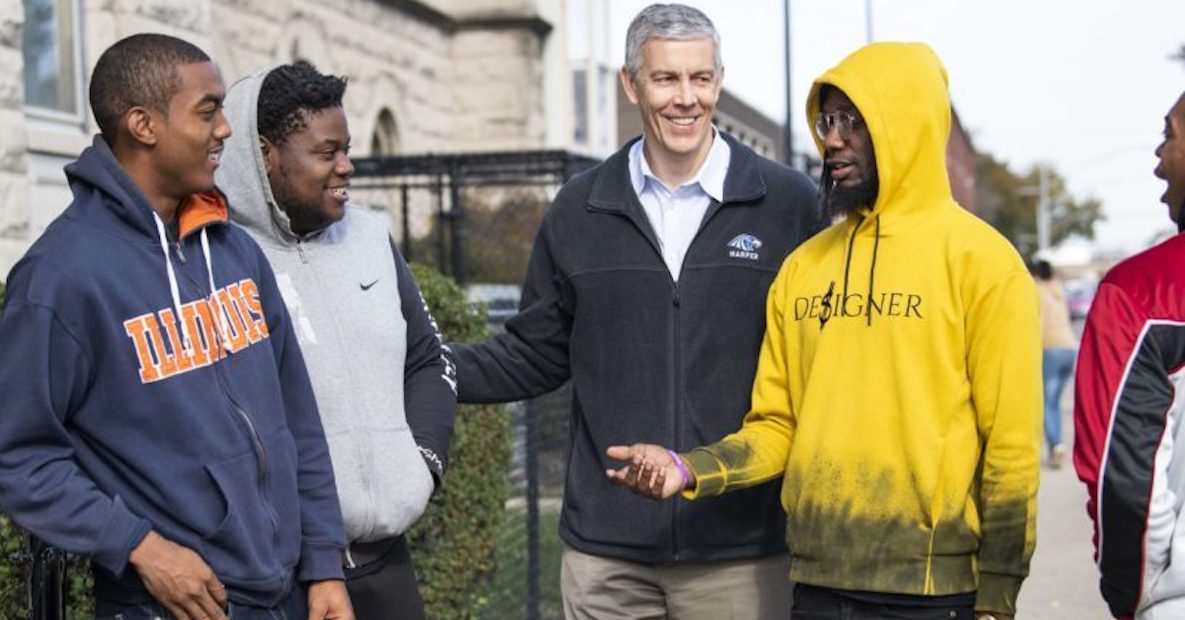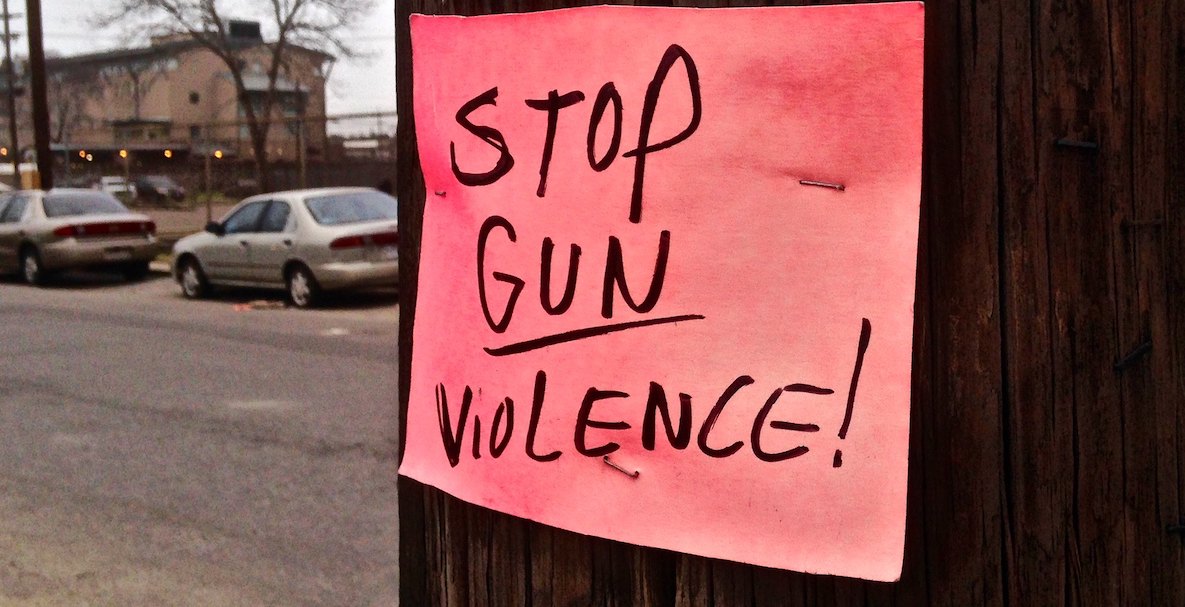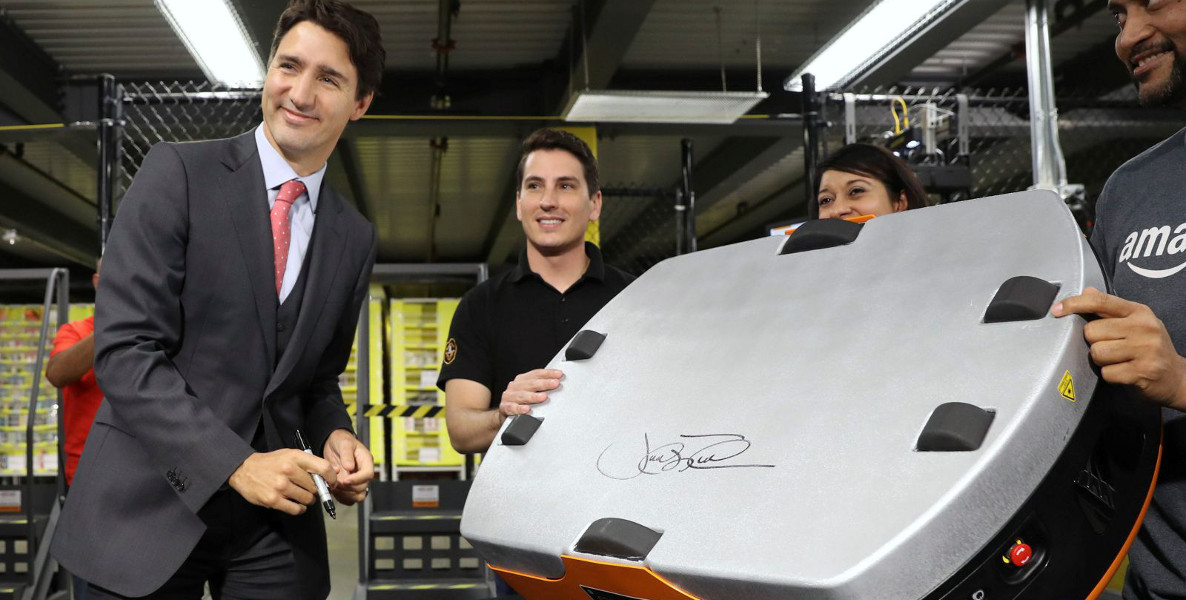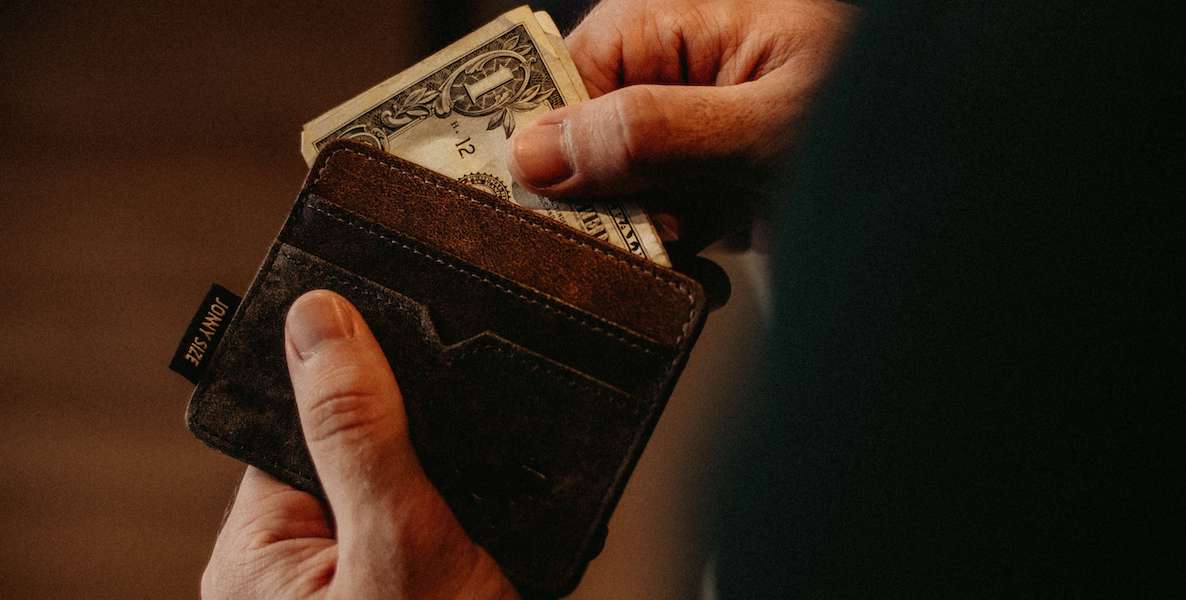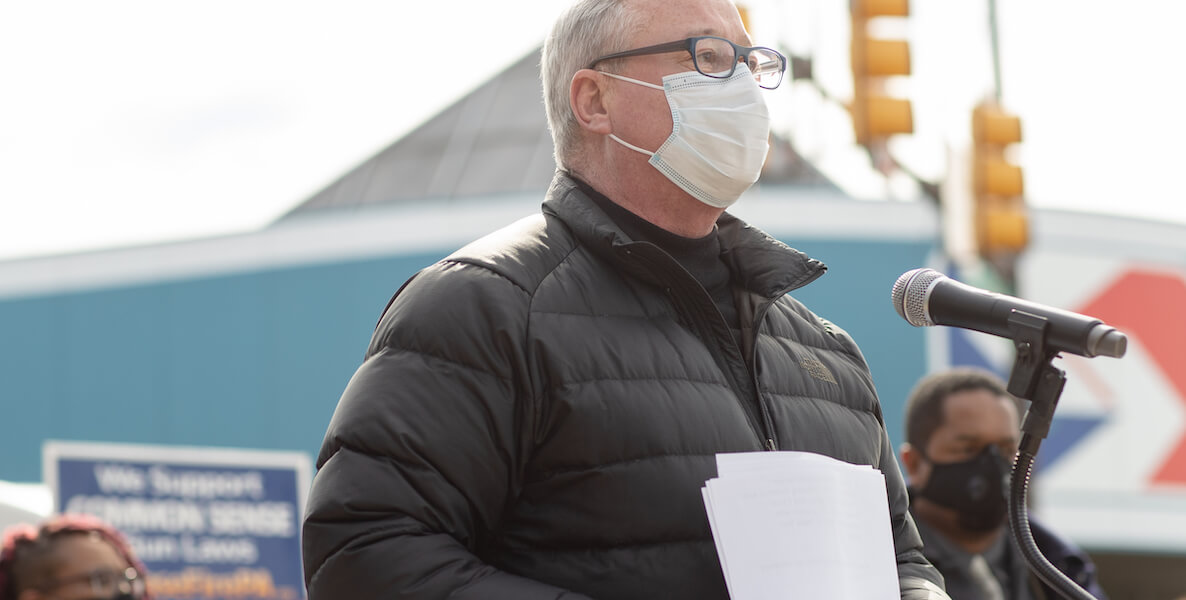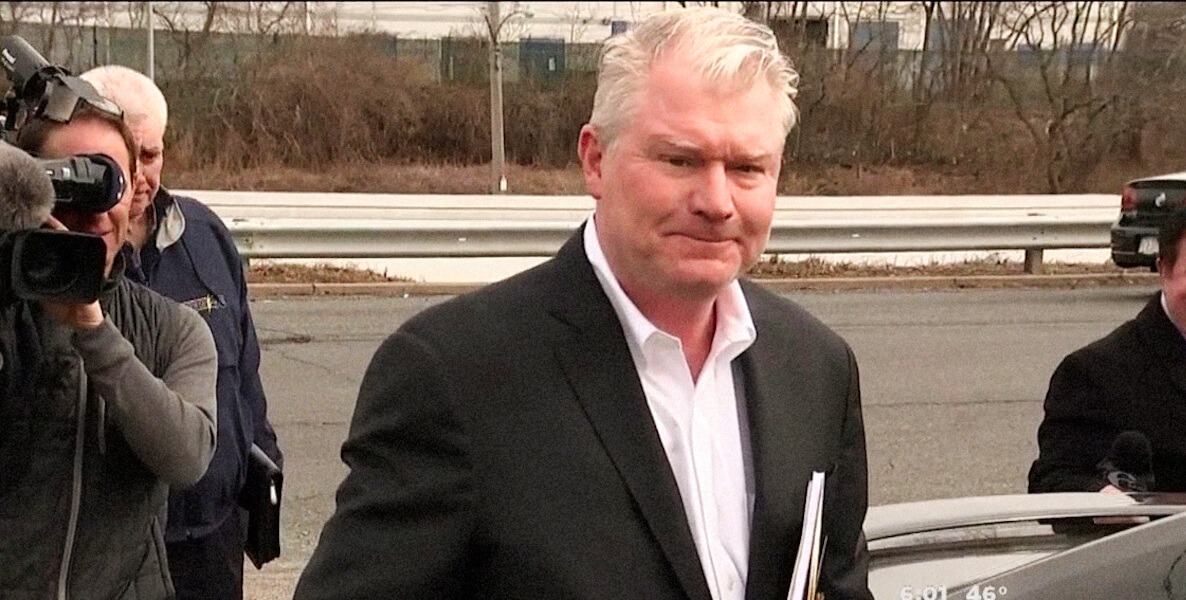![]() I’ve lost track of how many press conferences I’ve sat through over the years in which elected officials all mouth the same platitudes we’ve heard ad nauseam before—fiddling, in other words, while Philly burns.
I’ve lost track of how many press conferences I’ve sat through over the years in which elected officials all mouth the same platitudes we’ve heard ad nauseam before—fiddling, in other words, while Philly burns.
A case in point came late last month, 10 days after eight people were shot in broad daylight near the Olney Transportation Center. Mayor Kenney, State Senator Sharif Street and Police Commissioner Danielle Outlaw all paraded before the TV cameras, and all hit the by-now too familiar notes.
“We must stop the unabated flow of guns into our city,” proclaimed Kenney, echoing the long-standing, and righteous, Philly complaint over Harrisburg’s “preemption” of local gun laws. Outlaw expressed her frustration over the escalating violence, as though she were a mere bystander and powerless before the tide. And Street admitted that the real purpose of the press conference had to do with Philly TV’s reach into Allentown, where the chair of the state Senate’s appropriations committee might be watching.
People are thinking practically about how to make inroads on gun violence. Just not in front of the press in Philadelphia.
Listening to all the talk about passing gun laws got me thinking. First, it’s a fantasy, given both the makeup of the state legislature and Philadelphia’s penchant for alienating, rather than trying to work with, Republicans in the state capitol.
Second, there are 400 million guns on American streets right now. 400 million. If you ban the sale of all guns moving forward beginning tomorrow (forget the black market you’d be creating), what’s the plan for the existing 400 million? Anyone? Anyone?
I’m all for sensible gun control laws that honor Second Amendment rights, but the reality is that’s not in the political cards. So what’s the backup plan? Any new ideas, guys?
They’re out there. We’ve written before about policing techniques that focus on changing the behavior of those who are shooting the guns rather than on the guns themselves. Programs like focused deterrence have helped lower the gun violence rate elsewhere and are now a part of Commissioner Outlaw’s plan. (Though it’s underfunded—an inconvenient truth for all those defund police zealots). And police forces in cities like Chula Vista, California, are experimenting with using drones; while the practice raises civil liberties concerns, there are hopes that eye-in-the-sky policing will help raise police clearance rates.
Then there’s the thinking of Rick Smith, the entrepreneur who created the Taser and the author of The End of Killing: How Our Newest Technologies Can Solve Humanity’s Oldest Problem. Smith’s goal is to make the bullet obsolete by developing over the next decade non-lethal weapons that outperform police handguns, making it possible to stop a bad guy without killing him.
Leave it to The New York Times’ Nicholas Kristof a few years ago to put forth one of the most innovative, comprehensive and doable plans for combating gun violence—everything from incentivizing the production of smart guns (requiring a PIN or fingerprint ID to fire) to background checks for ammunition purchases to ending immunity for firearms companies.
Then there’s a whole school of thought as to how to use the free market to inhibit gun violence. Jeff Dyer, in Forbes, made the case four years ago to require liability insurance for firearm owners. “If insurance companies become liable for injuries or deaths caused by the firearms they insure, they will incentivize gun owners (via premiums) to take safety precautions,” he wrote. “I can imagine the following: lower premiums for fingerprint enabled guns (until it’s required for all), [and] lower premiums given for firearms that are kept secured and only discharged at a certified facility (i.e. firing range approved by the insurance company).”
See, people are thinking practically about how to make inroads on gun violence. Just not in front of the press in Philadelphia. And our lack of new thinking isn’t relegated to matters of public safety.
 Also late last month, Council President Darrell Clarke held a press conference to mark Council’s initial $10 million investment into its Poverty Action Plan. Embarrassingly, Clarke held a giant blown-up check to illustrate the down payment, as though he were Ed McMahon and this were a Publisher’s Clearinghouse ad. Why is it always Groundhog Day in Philadelphia? I flashed back on a Michael Nutter “Shared Prosperity” press conference in 2013 that was also going to eradicate poverty.
Also late last month, Council President Darrell Clarke held a press conference to mark Council’s initial $10 million investment into its Poverty Action Plan. Embarrassingly, Clarke held a giant blown-up check to illustrate the down payment, as though he were Ed McMahon and this were a Publisher’s Clearinghouse ad. Why is it always Groundhog Day in Philadelphia? I flashed back on a Michael Nutter “Shared Prosperity” press conference in 2013 that was also going to eradicate poverty.
There is much to scoff at in Clarke’s plan, and a couple of reasons to actually be hopeful. Clarke calls his Poverty Action Plan a “moonshot” with a goal of lifting 100,000 Philadelphians out of poverty in five years. Well, he announced the plan exactly a year ago; it took that long to cut a measly $10 million check? If the NASA geeks behind the actual moonshot had such an absence of urgency, we still wouldn’t have taken one giant step for mankind.
Clarke calls his Poverty Action Plan a “moonshot” with a goal of lifting 100,000 Philadelphians out of poverty in five years. Well, he announced the plan exactly a year ago; it took that long to cut a measly $10 million check?
And, really, 100,000? You’re going to cut poverty by nearly a third when the only recent big city precedent we have is New York under Mayor Mike Bloomberg, which lowered its poverty rate by 4 percent between 2005 and 2013? How about a reachable, though still inspirational, goal instead?
Besides, it’s a bit hard to trust Clarke’s sudden conversion to fund groundbreaking anti-poverty programs, when he had the opportunity to do just that in 2015. That’s when Mayor Nutter negotiated a sale of PGW that would have netted the city in excess of $400 million. Clarke wouldn’t even hold a hearing on the idea, but if he really wanted to attack poverty, think what he could have done with that money.
But here’s why, despite my bitching, Clarke’s press conference should give us some hope. Council has effectively outsourced the policy problem-solving to a new nonprofit spearheaded by the United Way and an impressive roster of civic and business leaders convened by its CEO, Rev. Bill Golderer. Chances are good that we will see some new ideas from this group.
As with gun violence, those ideas are out there. An influential study by Penn’s Amy Castro Baker of the universal basic income experiment in Stockton, California, for example, finds what others have: That no-strings-attached cash assistance is an efficient poverty alleviator. The preliminary data on UBI has been pretty incontrovertible, and in the case of Stockton, it even led to a gain in full-time employment among participants. Certainly, it deserves to be part of any policy menu.
Moreover, Clarke deserves credit for doing what is so seldom done in our local politics. He has demonstrated the humility to admit that he and his merry band of political apparatchiks don’t have all the policy answers. And why should they? They’re Ninjas when it comes to capturing and holding onto power. I’ve written countless times about how the answer to what ails Philly lies in our ability to convene disparate stakeholders around common cause, as Pittsburgh has done with its Allegheny Conference. Well, Clarke’s poverty action plan could be the impetus for such collaboration here.
By setting up and seeding a nonprofit that is comprised of cross-sector stakeholders, Clarke has essentially called philanthropic and private sector leaders on a longstanding bluff. He has challenged them to step up, rather than just complain (rightfully) about how inefficient government is at tackling big problems.
“The most exciting part of this upcoming $10 million investment is the creation of a new entity with a cross-collaborative approach led by the United Way, city government, philanthropy, and the private sector, all with the goal of investing in partnerships driven by results,” Councilman Allan Domb wrote in the Inquirer; he, along with Councilwoman Maria Quiñones-Sanchez, was instrumental in driving this new approach. “Furthermore, this new nonprofit intends to return $13 for every $1 we spend in its initial phase. I’m not aware of any other program in government that gets that kind of rate of return for people.”
I’m hopeful, but reserving judgment until I see the ideas this new nonprofit comes up with. If it amounts to just sprinkling dollars around throughout the poverty industrial complex—a host of nonprofits and service providers that seem to be invested in perpetuating a vibrant underclass—then we’ll be back here in a few years, talking about another press conference making the same old tired promises about reducing poverty.
If, like me, you get jazzed by innovative ideas, there’s one last reason for some hope. Because I have no life, I tuned into the Democratic debate in the New York City mayor’s race this week. In that race, there are a number of smart, original thinking candidates, like Maya Wiley and Shaun Donovan, who was Secretary of Housing and Urban Development under Pres. Obama. The frontrunner, former presidential candidate Andrew Yang, has been treated harshly by the New York press, but the guy has arguably more ideas per capita than any candidate for public office since Bill Clinton in 1992. (Clinton wrote a policy book about them—still got it—called “Putting People First,” and it holds up today).
You might not agree with every position Yang takes, but his willingness to just throw ideas out there takes us back to the days when candidates weren’t so tightly packaged and thereby unafraid to actually suggest solutions. Yang is running on a universal basic income program that guarantees $2,000 a year for the 500,000 neediest New Yorkers, appointing a small business czar, establishing vaccine-verification cards, creating a People’s Bank of New York, sanctioning permanent to-go cocktails, hiring a civilian police commissioner, and live streaming a post-pandemic celebration in all five boroughs featuring the comic stylings of Dave Chapelle.
If this amounts to just sprinkling dollars around throughout the poverty industrial complex—a host of nonprofits and service providers that seem to be invested in perpetuating a vibrant underclass—then we’ll be back here in a few years, talking about another press conference making the same old tired promises about reducing poverty.
Yang gets the need for what Bruce Katz and the late, great Jeremy Nowak called “horizontal” leadership. Cities, they’d preach, aren’t governments—they’re networks. And rather than top-down decision-making, the future in cities belongs to collaborative cross-sector problem-solvers.
“The main reason I’m running for mayor is that I think that I can help galvanize us toward an accelerated recovery by activating resources both inside and outside of government,” Yang told Vanity Fair recently. “I think you’re going to need the nonprofit and philanthropic sectors. I think you’re going to need the technology sector. I think you’re going to need the private sector, as well as getting the city’s agency functioning at a higher level.”
How refreshing is that? A guy with actual ideas, and no fear in expressing them. After four years of ephemera and Twitter sniping from so-called leaders in Washington, D.C., there is a hunger in the land for actual debate around new solutions for old problems, as evidenced by the bold child tax credit in the rescue package just passed by Congress. Let’s hope that Philly’s leaders get the memo that it’s okay to start thinking big again.
The Citizen is one of 19 news organizations producing Broke in Philly, a collaborative reporting project on solutions to poverty and the city’s push towards economic justice. Follow the project @BrokeInPhilly.
RELATED VIDEO CONTENT
Photo courtesy of the office of Senator Sharif Street


